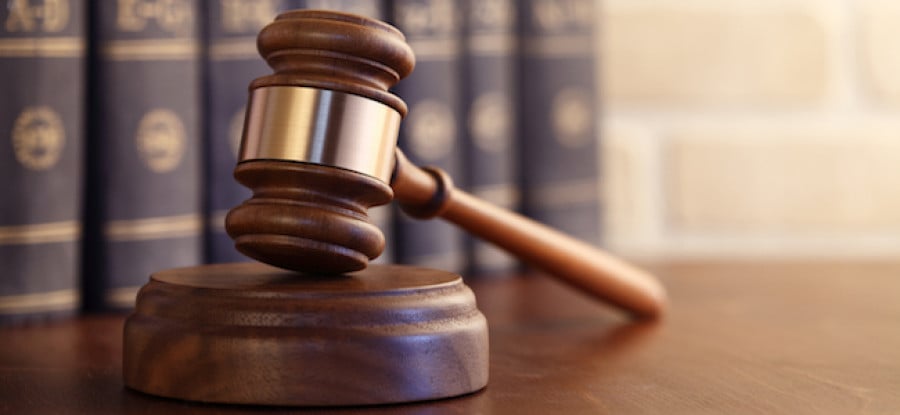A guide to the World Players Association’s Universal Declaration of Player Rights

2017 was an exciting year of progress for human rights proponents, particularly in the world of sports. For example, many significant sports organizations, such as the International Olympic Committee, FIFA, and UEFA, began to explicitly incorporate human rights protections into their policies and contracts.1 This momentum culminated on 14 December 2017, when the World Players Association published a historic document aimed at protecting athletes from “ongoing and systematic human rights violations in global sport”2 called the Universal Declaration of Player Rights3 (Universal Declaration).
As the first comprehensive articulation of athletes’ rights, the Universal Declaration was developed over a two-year span by various constituents: more than 100 player associations provided input into the Universal Declaration, it was reviewed by human and labor rights experts, and players provided feedback through surveys.4 The Universal Declaration consists of 17 fundamental points, which encompass four distinct rights:
-
Access to sport (and in particular protection for minors and sport without discrimination)
-
Labor rights
-
Personal rights, and
-
Legal rights
Together, these four categories aim to identify and formalize rights to address the most prevalent problems currently facing athletes in their pursuit to play professionally, regardless of the sport or even the country.
This article reviews the key points of the Universal Declaration.
To continue reading or watching login or register here
Already a member? Sign in
Get access to all of the expert analysis and commentary at LawInSport including articles, webinars, conference videos and podcast transcripts. Find out more here.
- Tags: Court of Arbitration for Sport (CAS) | Discrimination | Equality | EU Work Plan for Sport | European Commission | Fédération Internationale de Football Association (FIFA) | FIFA | FIFPro | Governance and Regulation | International Olympic Committee | Safeguarding | United States Olympic Committee | Universal Declaration of Players Rights | World Players Association
Related Articles
- Possible ways the Therapeutic Use Exemptions system can be improved to prevent abuse
- Sexism in football & the independence of disciplinary panels: Issues from the David Moyes case
- Six key lessons for clubs on the protection of minors from the FC Barcelona & Real Madrid appeals
Written by
Matthew Kaiser
Matthew D. Kaiser is an associate at Global Sports Advocates and has worked with and represented athletes in a variety of legal issues from challenging disciplinary sanctions and doping violations to protecting athletes’ intellectual property rights.




